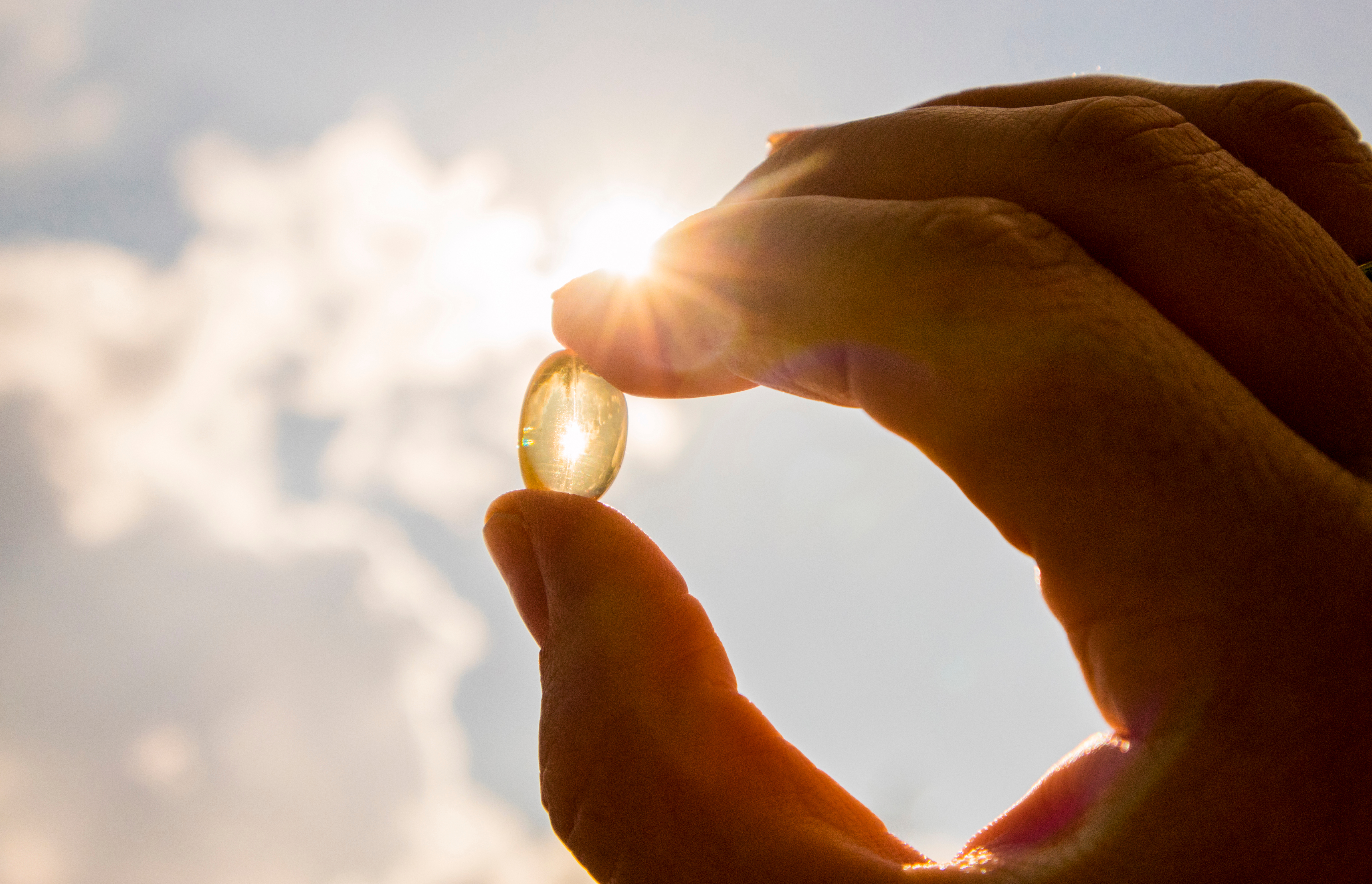Researchers from the Universities of Sydney and Sorbonne University have discovered a link between variations in deep ocean currents, historical global warming, and the orbits of Earth and Mars. They found evidence of a 2.4 million-year cycle in which times of increased sunlight and warmer temperatures are associated with stronger and weaker deepwater currents in the ocean.
Their research investigates how long-term climate changes impact ocean currents and aids in climate prediction. Their goal was to determine whether warming temperatures cause ocean currents to speed up or slow down.
The rapid global warming occurring due to human activity is not the source of these cycles.
To understand how deep ocean currents have altered, lead scientist Dr. Adriana Dutkiewicz of the University of Sydney EarthByte Group and her team studied data from decades of studies from numerous locations worldwide.
They examined variations in ocean floor sediment to determine if they corresponded with changes in Earth’s orbit.
They discovered that interactions between the orbits of Earth and Mars generate “astronomical grand cycles,” or cycles in deep ocean currents that last 2.4 million years. The geological record hardly ever shows these cycles.
Dr Dutkiewicz said: “We were surprised to find these 2.4-million-year cycles in our deep-sea sedimentary data. There is only one way to explain them: they are linked to cycles in the interactions of Mars and Earth orbiting the Sun.”
Co-author Professor Müller said: “The gravity fields of the planets in the solar system interfere with each other, and this interaction, called a resonance, changes planetary eccentricity, a measure of how close to circular their orbits are.”
The scientists discovered that Earth goes through phases of increased sunlight and warmer weather every 2.4 million years. The deep-sea record shows more breaks during these warmer cycles, indicating stronger deep ocean currents.
They also found that eddies, or deep vortices, were significant during earlier warm periods. The eddies can potentially mitigate the risk of ocean stagnation resulting from a slowdown in the Gulf Stream.
Professor Müller explained that deep ocean eddies and the Gulf Stream mix water in the oceans. However, eddies don’t move water between latitudes as the Gulf Stream does.
These eddies are like giant whirlpools and can reach the seafloor, causing erosion and creating large sediment piles.
Dr. Dutkiewicz mentioned, “Our deep-sea data spanning 65 million years suggest that warmer oceans have more vigorous deep circulation. This will potentially keep the ocean from becoming stagnant even if Atlantic Meridional Overturning Circulation slows or stops altogether.”
The future interaction between different processes in the deep ocean and ocean life is still uncertain. The researchers hope their findings will improve climate models.
Journal Reference:
- Dutkiewicz, A., Boulila, S. & Dietmar Müller, R. Deep-sea hiatus record reveals orbital pacing by 2.4 Myr eccentricity grand cycles. Nat Commun 15, 1998 (2024). DOI: 10.1038/s41467-024-46171-5
– Advertisement –
Note: This article have been indexed to our site. We do not claim legitimacy, ownership or copyright of any of the content above. To see the article at original source Click Here













